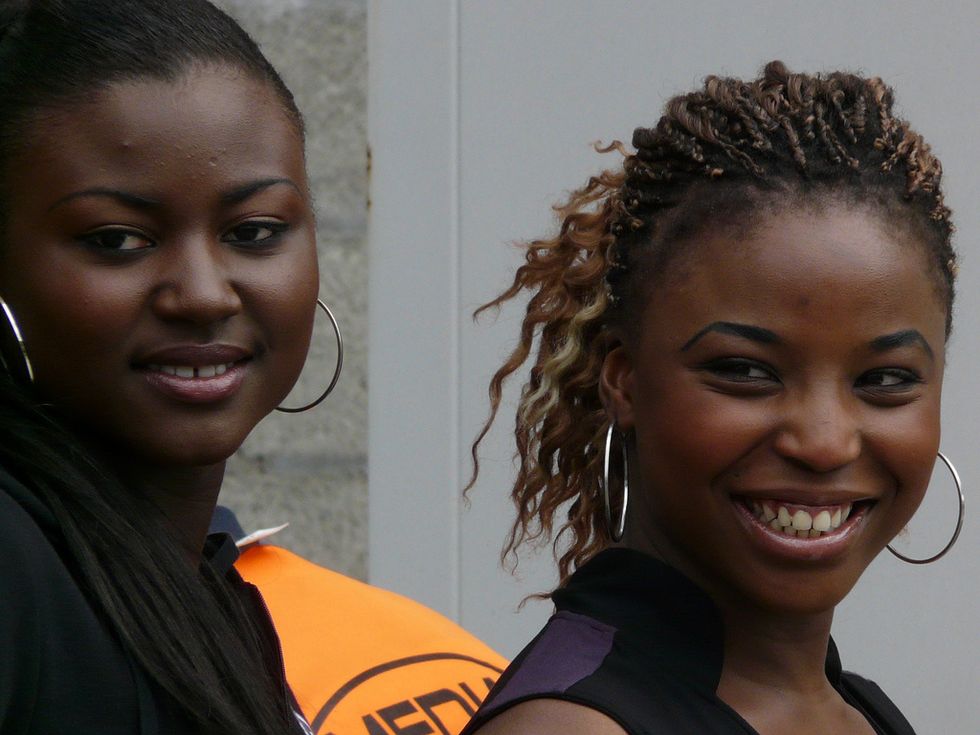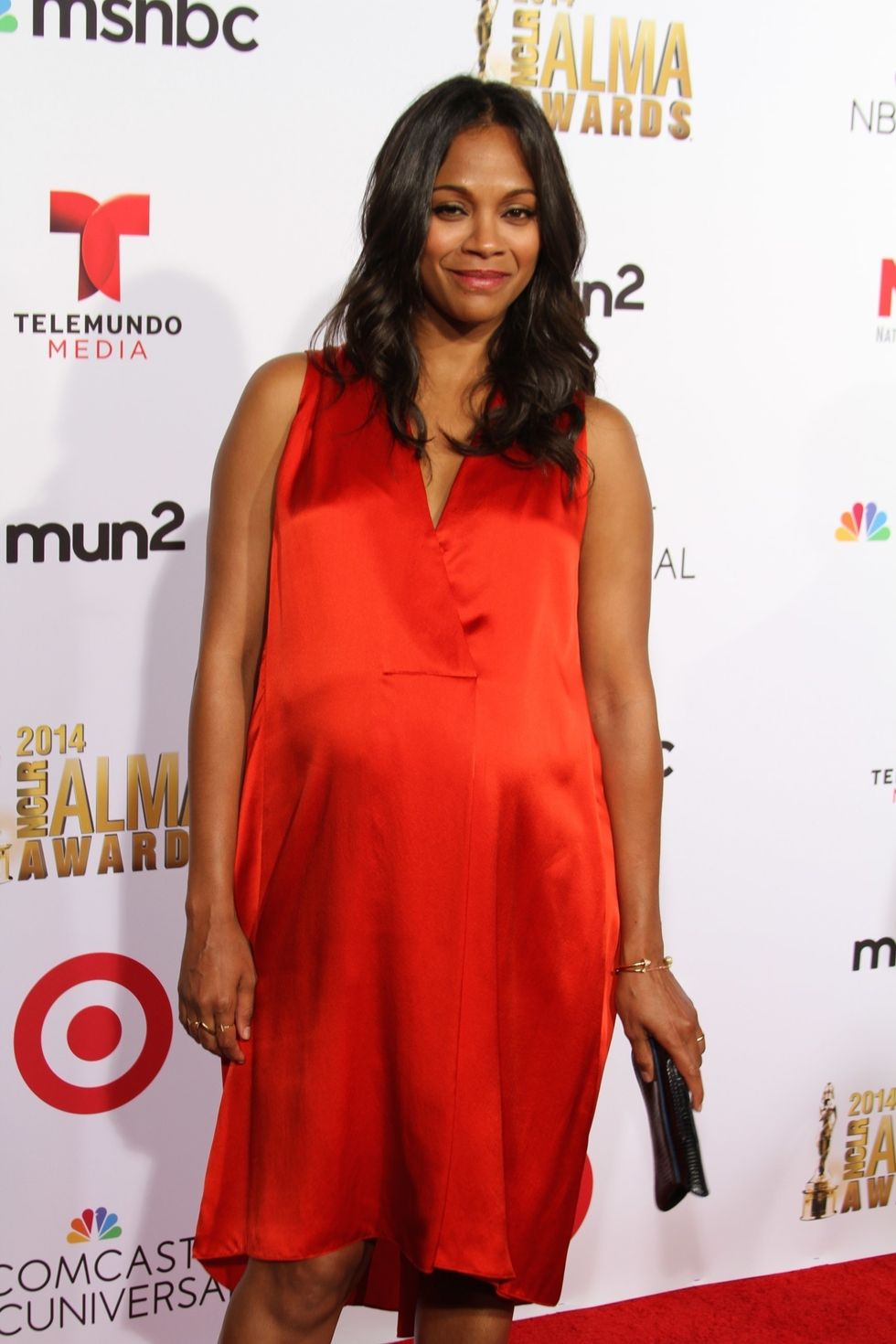"I remember a time when I too felt unbeautiful. . . . I got teased and taunted about my night-shaded skin. And my one prayer to God, the miracle worker, was that I would wake up lighter-skinned. . . . And when I was a teenager my self-hate grew worse, as you can imagine happens with adolescence. …around me the preference for light skin prevailed. To the beholders that I thought mattered, I was still unbeautiful. …"
Lupita Nyong'o, Essence Black Women in Hollywood Speech, 2014
History tends to repeat itself in different forms. The standard paper bag test from the 20th century where many African-Americans were discriminated because their skin was darker than a paper bag has re-branded itself in Hollywood. Cast directors simply aren't making the effort to cast dark-skinned women in diverse roles and roles that are most suitable for dark-skinned women.
A little girl with kinky hair sees her curls as different rather than beautiful.
An aspiring actor thinks that she has no chance at fame because her kind is nowhere to be seen.
A dark-skinned girl can't imagine herself as a leader because she has never been shown that she could be one.
Representation matters the most as young women transform into the women that they desire to become. Unfortunately, just like Lupita, thousands of young dark-skinned girls do not have that representation. Our television, movies and advertisements do not only exhibit the lives that people lead in an imaginary plot but is a reflection of what to expect from the outside world. The absence of dark-skinned black women in mainstream media leads them to believe that they are not only undesired in the entertainment business but in the world as well.
For example, in the 90s TV show "Martin," the supporting character Gina was a light-skinned black woman and her best friend was a dark-skinned black woman. Gina had a long-term relationship with Martin and was showed love and compassion, while Pam was single and was constantly made fun of by Martin. His comments would range from: "Pam there's a man out there for you somewhere. He just ain't got off parole yet," to "Nappy Longstocking."
Even though this was considered comical and harmless banter between the both of them, to impressionable girls that look like Pam, these comments hurt their self-esteem and compel them to believe that to receive the type of love that was given to Gina, they need to look like her. If we continue to ignore the need for dark-skinned roles and portraying the assumption that people of lighter complexions are on a higher tier of the media hierarchy, then we continue to destroy the confidence of dark-skinned girls around the world.

The most shocking aspect of this concern is that roles that should be filled with dark-skinned women are instead filled with light-skinned women. A role meant to portray an icon that stood up for women that faced issues such as "colorism" in her music was played by Zoe Saldana, a woman of fairer skin who shared none of Simone's physical features. While I believe that Saldana is a talented actress, it was an extremely poor cast for the role as it tarnished the very thing that made Nina Simone a unique individual in the entertainment business: being a dark-skinned woman.
Although this is a huge issue that spans farther than the borders of the United States, it's not too late to change it. It's 2018, and people are eager to point out these issues in our society.
In fact, many actresses are using their platform to speak out and raise awareness about this issue such as Zendaya, Issa Rae, Yara Shahidi, Danielle Brooks and many more. Thanks to them, this issue has stepped into the limelight once again. Colorism in Hollywood is far from being over due to it being deeply rooted in our society, but luckily, women are far from being silent about it.
"I hope that my presence on your screens and in the magazines may lead you, young girl, on a similar journey. That you will feel the validation of your external beauty but also get to the deeper business of being beautiful inside. There is no shade in that beauty."
Lupita Nyong'o, Essence Black Women in Hollywood Speech, 2014



















